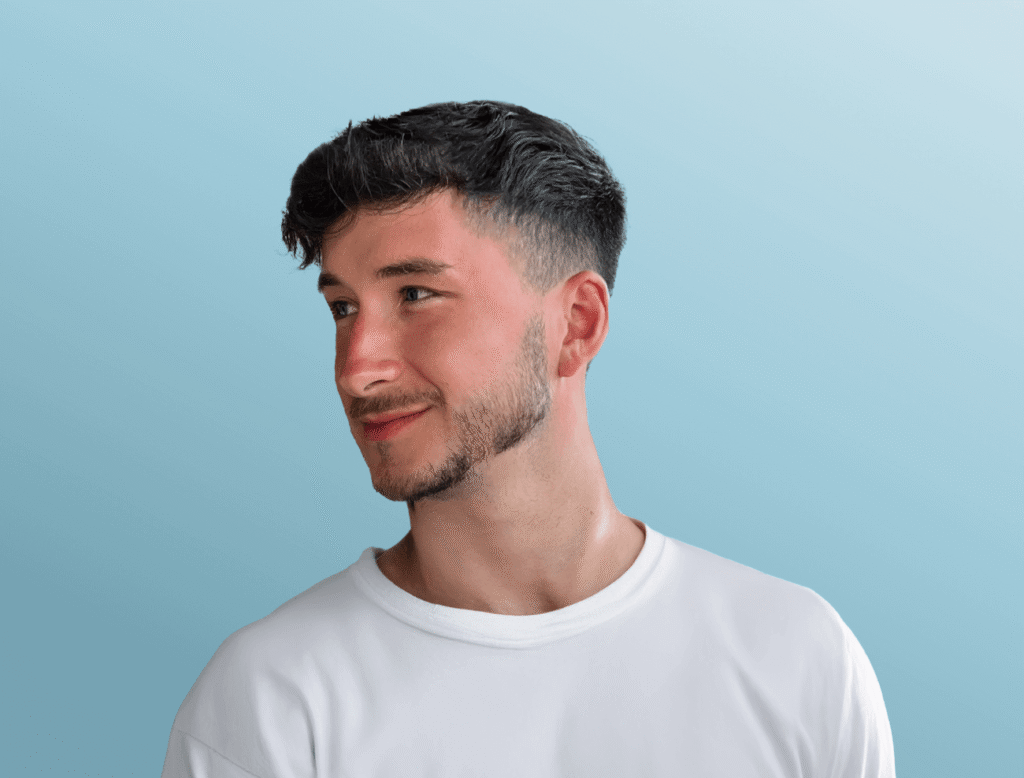There’s a generation out there swapping coffee for matcha, swearing by tongue scrapers, and dissecting their supplement stack like it’s a business plan. It’s not Boomers or Millennials – it’s Gen Z.
Wellness for this group isn’t something you dabble in after a health scare. It’s baked into everyday life. Whether it’s sleep tracking, gut health, or balancing hormones with a personalised supplement routine, Gen Z approaches healthcare innovation with a mix of curiosity, intensity, and, maybe, anxiety.
As someone who’s spent the last few years building my personalised wellness brand, Alyve, I’ve watched this shift happen up close. I didn’t grow up thinking about wellness the way Gen Z does. But seeing how they interact with it, the way it shapes their decisions, routines, even careers – has made me rethink what health actually means to people now.
What’s behind the obsession? Why is this generation so invested in wellness, and what does it mean for brands, employers, and honestly, the rest of us?
The COVID effect
For Gen Z, COVID-19 wasn’t just a global health crisis – it was a defining life event. Many were entering uni, jobs or adulthood when the world stopped. Suddenly, health wasn’t abstract – it was urgent.
The experience shaped them. Health isn’t something they take for granted. It’s something they’ve been forced to think about. The result is a generation that’s taking ownership of their physical and mental wellbeing far earlier than others.
But unlike older generations, who might turn to GPs or what’s circling round their friend groups, Gen Z turned to something else entirely: the internet.
TikTok medicine, for better or worse
This generation’s wellness education doesn’t come from leaflets at the doctor’s office. It comes from TikTok, YouTube, Reddit, and niche creators breaking down everything from PCOS to the benefits of magnesium.
It’s not always accurate (misinformation is a real problem) but it’s fast, engaging, and accessible. And it’s rewiring how young people understand their own health.
That has huge implications. Gen Z isn’t waiting for things to go wrong. They’re tracking their mood, testing their ferritin levels, buying supplements personalised to their lifestyle. They’re not being told what to do – they’re actively seeking answers.
That’s a shift from reactive to proactive. And it’s one of the biggest wellness mindset changes we’ve seen in decades.
Wellness as control in an uncertain world
When the world feels unstable, people look inward. Gen Z is facing rising living costs, a volatile job market, and endless doomscrolling. In that context, health
routines offer structure.
Tracking steps, taking vitamins, or sticking to a skincare routine might seem small – but they’re acts of control. Daily reminders that you’re looking after yourself, even when everything else feels chaotic.
And they’re social too. Gen Z shares their wellness journey like previous generations shared music playlists.
Whether it’s cold plunges or hormone balancing, wellness has become a way to connect. A shared language for people trying to feel better.
It’s not just about looking good
The biggest misconception? That Gen Z’s wellness obsession is just vanity in disguise. But the truth is, they’re not just chasing abs or glowing skin – they’re chasing energy, balance, calm. They want to sleep better. Concentrate better. Feel less overwhelmed.
And from what I’ve seen, they’re willing to invest in that. Not just financially, but emotionally. They want to understand what their bodies are doing and why. And they’re not afraid to ask awkward questions to get there.
In my experience, some of the most engaged customers we’ve ever had are under 25. They care about what’s in their supplements. They want to know how it works. They don’t settle for fluff or vague health promises. They want evidence. Transparency. Results.
What’s most interesting (and honestly most refreshing) is how Gen Z sees health as something you build, not something you fix.
Older generations often wait for something to go wrong before making changes. Gen Z starts earlier. They’re not trying to undo damage – they’re trying to avoid it altogether.
That kind of mindset, if it sticks, could shift the future of healthcare entirely.
A generation of prevention, not panic
Sure, Gen Z’s version of wellness is digital, sometimes intense, and occasionally a bit much.
But at its core, it’s hopeful. It’s a generation saying: I want to feel good now – not just when I’m older. And I’m going to take ownership of that.
If this is where their mindset is in their twenties, imagine where they’ll be in 20 years when the body starts to creak a little more. Or even more interesting – how will the next generation approach health at the same age?
I feel like they’re playing a leading role in reshaping wellness, pushing us towards optimal, preventative care rather than waiting until things go wrong.
Sam Price is the founder and CEO of Alyve, the UK’s top-rated personalised vitamin subscription brand. With a background shaped by his own journey navigating wellness and ADHD, Sam built Alyve to make tailored nutrition accessible, transparent and genuinely effective. Since launch, Alyve has grown into one of the UK’s fastest-scaling health startups, recognised for its blend of science-backed products and a refreshingly honest approach to wellbeing.



